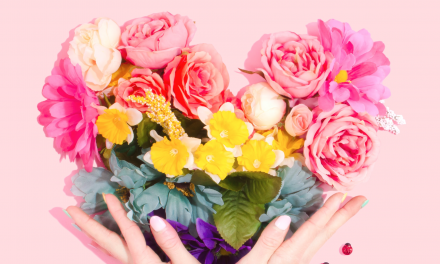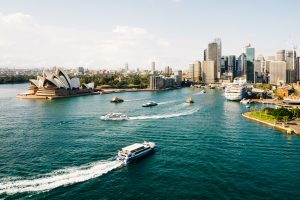Natalie Di Paola
The Beachwatch monitoring program’s annual scorecard for this year has rated 84 per cent of NSW beaches as either Very Good or Good, which is a slight improvement from last year’s rating of 83 per cent.
The scorecard rates the pollution levels in 250 beaches including ocean beaches, ocean baths, lakes, lagoons and estuaries across NSW on a scale of Very Poor to Very Good.
“Despite many of the state’s coastal areas recording their wettest March on record, 98 per cent of the state’s monitored ocean beaches rated as Good or Very Good, making NSW beaches some of the cleanest in world,” says Gabrielle Upton, Environment Minister.
Swimming sites in Northern Sydney scored quite well, with some excellent beaches being Palm Beach, Whale Beach, Avalon Beach, Bilgola Beach, Bungan Beach, Mona Vale Beach, Dee Why Beach, South Curl Curl Beach, Elvina Bay, The Basin and Great Mackerel Beach.
“Heavy rainfall generates stormwater, a major cause of pollution to recreational waters,” Ms Upton says.
Wet weather brings the risk of higher pollution levels in waters because stormwater and wastewater can overflow. Therefore, it is recommended not to go swimming in the days following rainfall. Water is also at risk of contamination during extremely dry weather, in which swimming should also be avoided.
However, the Beachwatch website provides daily and weekly ratings of the pollution levels and potential risks at swimming sites. Samples from ocean beaches in Sydney are collected every six days, samples from harbour beaches are also collected every six days during the summer swimming season and reduced during winter. NSW coastline beaches are only sampled during the summer swimming season.
The Beachwatch monitoring program is run by the NSW Office of Environment and Heritage in partnership with ten different councils, Sydney Water Corporation and Hunter Water Corporation.
The program started in 1989 after more than one billion litres of sewage was being discharged to the ocean daily, causing concern amongst the community. Since then, water quality has improved greatly due to better wastewater and stormwater management and the construction of deep ocean outfalls for the main coastal sewage treatment plants.
“Beachwatch’s water quality monitoring shows that Sydney’s beach water quality has improved dramatically over the last two decades,” says Ms Upton.
“Councils and water authorities are constantly investing in improving water quality. It’s important to remember whatever is thrown on the ground may end up in stormwater and eventually lead into waterways.”












